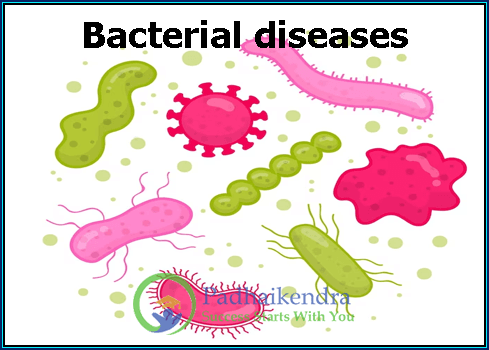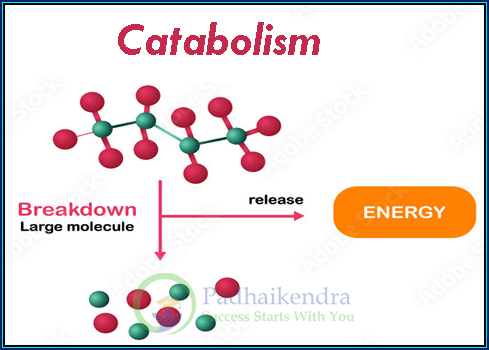Respiration and combustion are both processes that involve the release of energy, but they differ in the type of reactions and the source of fuel.
Respiration is a metabolic process that occurs in living organisms and involves the breakdown of organic molecules, such as glucose, to release energy in the form of ATP. Respiration occurs in the presence of oxygen and involves a series of enzyme-catalyzed reactions that take place within the cell. The end products of respiration are carbon dioxide and water.
Combustion, on the other hand, is a chemical reaction that involves the rapid oxidation of a fuel source, such as wood, coal, or gasoline, in the presence of oxygen to release energy in the form of heat and light. Combustion is an exothermic reaction and typically produces large amounts of heat, which can be used for various applications such as heating homes or generating electricity. The end products of combustion are typically carbon dioxide and water, but other products such as soot and carbon monoxide may also be produced.
In summary, respiration is a metabolic process that occurs in living organisms and involves the breakdown of organic molecules to release energy in the form of ATP. Combustion is a chemical reaction that involves the rapid oxidation of a fuel source to release energy in the form of heat and light. Respiration occurs in the presence of oxygen, while combustion requires an external source of oxygen.





